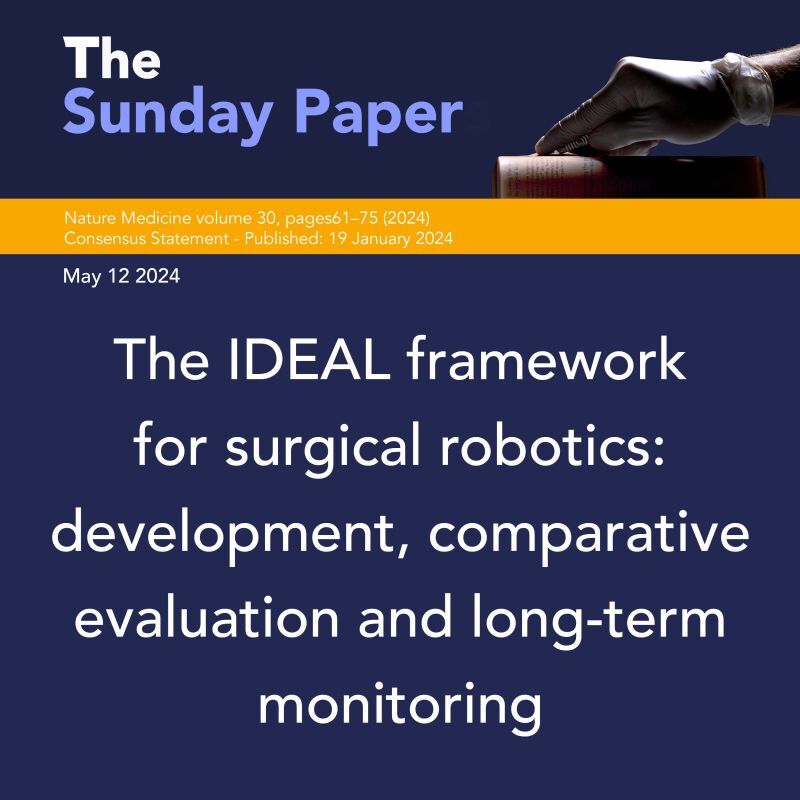Abstract
Introduction
The next generation of surgical robotics is poised to disrupt healthcare systems worldwide, requiring new frameworks for evaluation. However, evaluation during a surgical robot’s development is challenging due to their complex evolving nature, potential for wider system disruption and integration with complementary technologies like artificial intelligence. Comparative clinical studies require attention to intervention context, learning curves and standardized outcomes. Long-term monitoring needs to transition toward collaborative, transparent and inclusive consortiums for real-world data collection.
Methods
Here, the Idea, Development, Exploration, Assessment and Long-term monitoring (IDEAL) Robotics Colloquium proposes recommendations for evaluation during development, comparative study and clinical monitoring of surgical robots—providing practical recommendations for developers, clinicians, patients and healthcare systems. Multiple perspectives are considered, including economics, surgical training, human factors, ethics, patient perspectives and sustainability.
Results
Further work is needed on standardized metrics, health economic assessment models and global applicability of recommendations.
